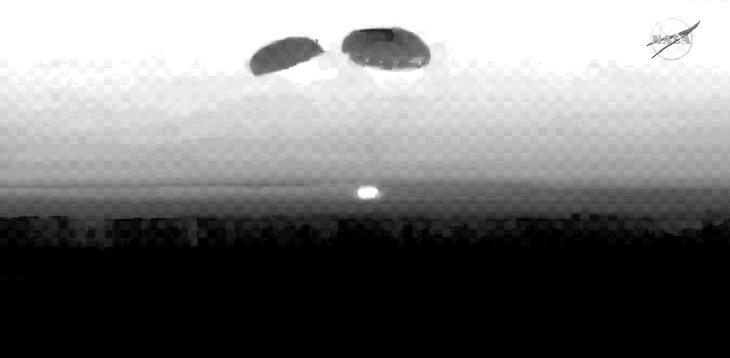
The Boeing Starliner CST-100 spacecraft, which will be one of the first new human-rated spacecraft to carry astronauts from the U.S. to space, has successfully returned from orbit and landed at its target landing site in White Sands, New Mexico. The capsule touched down at 7:58 AM EST, right on time for the mission’s planned schedule as detailed at a news conference on Saturday.
Starliner didn’t have anyone on board, but was instead on its first test flight intended to launch, dock with the International Space Station and then return to Earth. The uncrewed flight didn’t go exactly as planned, however – that docking with the ISS never happened because of an error with the mission timer on board the spacecraft, which caused the Starliner to burn too much fuel during an early orbital maneuver and subsequently forced Boeing and NASA to change the mission parameters.
The flight still represents a number of successes for Boeing, however, as it was able to gather a lot of data on its trip, and did execute other maneuvers as planned and designed, including this landing. The landing itself is also significant because it’s the first time a capsule made in the U.S. has landed on land after returning from space ever – earlier American capsule spacecraft like Mercury, Gemini and the Apollo command module all splashed down on water.
Starliner began its deorbit burn at around 7:23 AM EST, re-entered Earth’s atmosphere and deployed all three of its descent control parachutes as planned. It’ll now be recovered by Boeing and NASA and examined, with more data gathered from its onboard computers. The capsule also carries ‘Rosie,’ a flight test dummy that will help the teams working on the commercial spacecraft approximate how the landing would’ve gone for a human on board.

